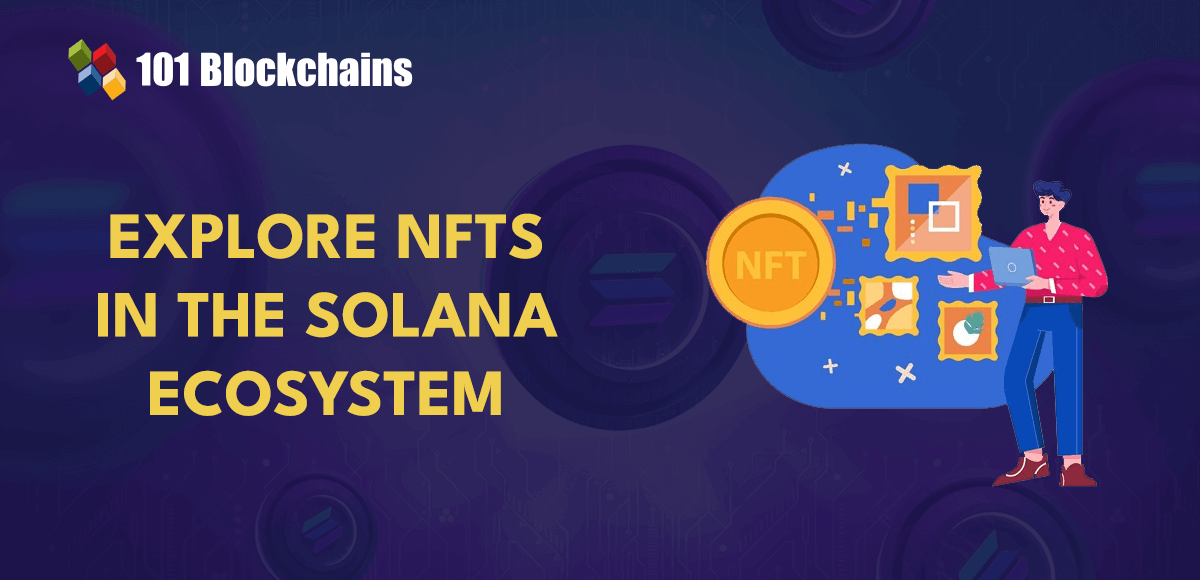Introduction
If you are working on Artificial Intelligence or Machine learning models that require the best Text-to-Speech (TTS), then you are on the right path. Text-to-speech (TTS) technology, especially open source, has changed how we interact with digital content. This technology has come a long way; nowadays, we have access to some incredibly natural-sounding and expressive synthetic voices. While plenty of commercial TTS engines exist, many developers and researchers prefer to work with open-source options, offering more flexibility, transparency, and cost-effectiveness. This article will explore the top 10 open source TTS engines for developers and users.
Understanding Text-to-Speech (TTS) Technology
Text-to-speech (TTS) technology is a form of assistive technology that converts written text into spoken words. This technology has been widely used in various applications, including screen readers, voice assistants, and language translation tools. TTS engines work by processing text input and generating synthetic speech output that resembles human speech.
Importance of Open Source TTS Engines
Open source text-to-speech (TTS) engines promote accessibility, innovation, and transparency in speech synthesis. By being open source, these engines allow developers, researchers, and enthusiasts to access, modify, and distribute the source code freely, fostering a collaborative environment for continuous improvement and customization. One of the key advantages of open source TTS engines is their potential to enhance accessibility for individuals with disabilities, enabling them to interact with digital content through speech output. Additionally, open source TTS engines encourage innovation by allowing developers to experiment with new techniques, integrate them into existing systems, and contribute their improvements to the community. Furthermore, the transparency inherent in open source projects promotes trust and scrutiny, ensuring that the underlying algorithms and models are subject to peer review and validation. This openness can lead to identifying and resolving potential biases or vulnerabilities, resulting in more robust and reliable speech synthesis solutions.
Here are the Top 10 Open Source TTS Engines
1. Mozilla TTS
Mozilla TTS is an open-source text-to-speech engine developed by Mozilla Research. It offers developers a high-quality and customizable text-to-speech solution. Mozilla TTS is a versatile option for various applications supporting multiple languages and voices.
- Cross-platform compatibility: Mozilla TTS is designed to work across different operating systems, including Windows, macOS, and Linux, making it widely accessible and versatile.
- Multilingual support: The engine supports multiple languages, enabling developers to create speech synthesis applications that cater to diverse linguistic needs.
- High-quality voices: Mozilla TTS employs advanced speech synthesis techniques to generate natural-sounding voices, ensuring a seamless and pleasant user experience.
- Open source: Mozilla TTS is an open-source project that allows developers to access, modify, and contribute to the codebase, fostering collaboration and innovation within the speech synthesis community.
- Integration with web technologies: Mozilla TTS is particularly well-suited for integrating web-based applications and services, as it can be easily embedded into web pages using JavaScript.
Access Mozilla TTS Github Here
2. MaryTTS
MaryTTS is a Java-based open source TTS engine that provides natural-sounding speech synthesis. It offers many features, including support for multiple languages, voice customization, and text normalization. MaryTTS is a popular choice among developers for its flexibility and ease of use.
- Multilingual Support: MaryTTS supports multiple languages, including English, German, Russian, Turkish, Telugu, and more.
- MARY XML and Other Input Formats: It can process input text in MARY XML format as well as plain text, tokenized text, and other formats.
- Unit Selection and Diphone Voices: It provides unit selection and diphone synthesis voices for some languages.
- Integration: MaryTTS can be integrated into other Java applications via an API and used in server mode.
- Voice Import Tool: It includes a voice import tool that allows you to build your own voices from recorded speech data.
- Open Source: Being open-source, MaryTTS is free to use, modify, and redistribute under the terms of the Lesser GNU Public License (LGPL).
Access MaryTTS Github Here
3. eSpeak
eSpeak is a compact and efficient open source TTS engine that supports multiple languages and voices. It is known for its fast processing speed and clear speech output. eSpeak is a lightweight option for developers looking for a simple and reliable TTS solution.
- Cross-Platform: It runs on multiple platforms, including Windows, Linux, and macOS.
- Small Size: The core library is just around 2MB, making it very compact.
- Multilingual Support: Besides English, eSpeak supports Spanish, Portuguese, French, German, Finnish, and others.
- Output Formats: Speech output can be produced in WAV format audio files or directly output to the sound device.
- Text Encodings: eSpeak accepts input text in various encodings like UTF-8, Latin-1, etc.
- Speech Parameters: Pitch, speed, volume and other parameters of the speech output can be adjusted.
- Programming Access: Applications can access eSpeak’s functionality through command line tools or programming interfaces like C, C++, Python, etc.
- SSML Support: It partially supports marking up text input using the SSML markup language.
Access eSpeak TTS Github Here
4. Festival Speech Synthesis System
Festival is a powerful open source TTS engine with advanced speech synthesis capabilities. It supports multiple languages and voice styles, making it suitable for various applications. Festival is a feature-rich TTS engine that provides high-quality speech output.
- Open Source Framework: Festival provides an extensible multi-lingual framework for building TTS systems from scratch or integrating existing components.
- Modular Architecture: It has a modular architecture with examples of components like text analysis, linguistic analysis, prosodic modelling, and waveform generation.
- Multiple APIs: Festival offers several APIs to access its functionality, such as a command line, Scheme command interpreter, C++ library, and Emacs interface.
- Multilingual Support: While English (US/UK) is the most advanced language, the Festival supports other languages, like Spanish. New components can integrate additional languages.
- Research Platform: Developed at the University of Edinburgh, Festival serves as a research/teaching platform for exploring new techniques in speech synthesis.
- Licenses: Earlier versions had a non-commercial use restriction, but current versions use an X11/MIT-style license, allowing free commercial and non-commercial use.
- Open Standards: It provides support for marking up input text using open XML standards like SABLE for text and APML for pronunciation.
Access Festival TTS Github Here
5. Flite
Flite is a lightweight and fast open source TTS engine developed by Carnegie Mellon University. It is designed for embedded systems and mobile devices, making it a popular choice for resource-constrained environments. Flite offers clear and natural-sounding speech synthesis for various applications.
- Light-weight: Flite is designed to be a small, lightweight engine suitable for embedded systems and devices with limited resources. The entire engine is around 5MB in size.
- Open Source: Flite is an open source project released under a permissive license allowing free commercial and non-commercial use.
- Multilingual: While English is the most supported language, Flite provides voices for other languages, such as Spanish, Italian, Romanian, German, and more.
- Synthesis Technique: It uses concatenative synthesis combined with deterministic unit selection to generate speech output.
- Input Formats: Flite can process plain text, SSML markup, and its own custom XML format.
- Programming APIs: It provides C/C++, Python and other programming language APIs for integrating TTS into applications.
- Multiple Voices: For some languages, like English, multiple voices with varying characteristics (age, gender, etc.) are provided.
Access Flite TTS Github Here























